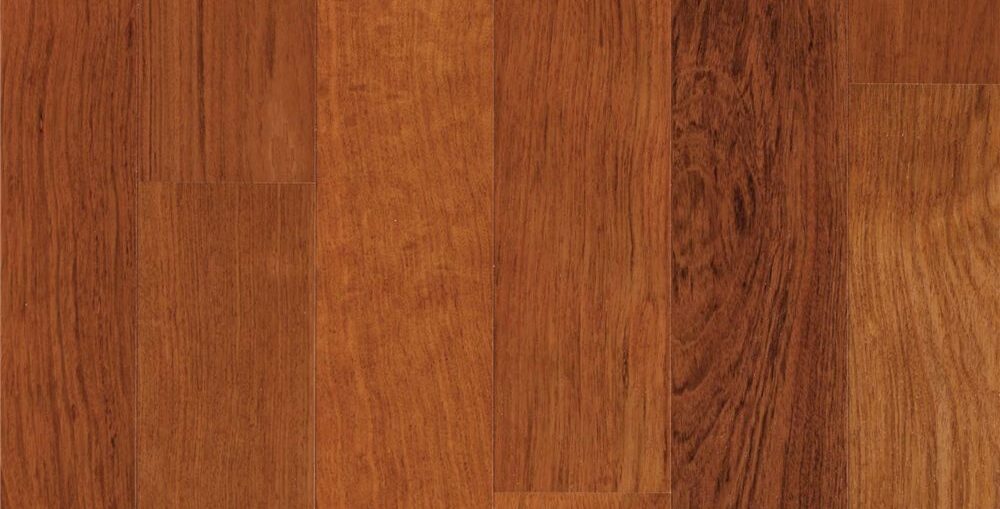
Epoxy resin flooring is a type of flooring made from a combination of epoxy and other additives that form a hard, durable, and waterproof surface. It is commonly used in commercial and industrial settings, such as warehouses, factories, and hospitals, due to its ability to protect the underlying substrate from wear and tear, chemical spills, and moisture. It can also be used in residential settings for a variety of decorative and functional applications.
Epoxy resin flooring is a type of flooring that consists of multiple layers of epoxy resin, which is a material that is formed from a combination of two chemicals. It is a hard, durable, and chemical-resistant material that is often used in industrial and commercial applications. Epoxy resin flooring is often used for areas that require a strong, long-lasting finish. It is popular in areas that have to deal with heavy foot traffic, such as warehouses, garages, and workshops. It is also used in homes, restaurants, and other commercial spaces.
Pros of Epoxy Resin Flooring
- Durable: Epoxy resin flooring is extremely durable and can withstand heavy traffic, heavy machinery, and even harsh chemicals.
- Easy to clean: Epoxy resin flooring is easy to clean, requires minimal maintenance, and is resistant to spills and stains.
- Cost-efficient: The cost of epoxy resin flooring is relatively low compared to other types of flooring, making it a cost-effective option.
- Versatile: Epoxy resin flooring can be used in a variety of applications, including commercial, industrial, and residential buildings.
- Aesthetically pleasing: Epoxy resin flooring is available in a variety of colors and designs, giving it a sleek and modern look.
Cons of Epoxy Resin Flooring
- Cost: Epoxy resin flooring is one of the more expensive flooring options available. It can cost up to five times more than traditional flooring materials.
- Installation: Installing epoxy resin flooring requires specialized training and equipment. It is not a DIY project and must be done by a professional.
- Vulnerability: Epoxy resin flooring is prone to scratching, staining, and scuffing. It must be properly maintained to keep it looking its best.
- Chemical Sensitivity: Epoxy resin can be sensitive to certain solvents and chemicals, which can cause discoloration or other damage.
- Odor: The installation of epoxy resin flooring can emit strong odors, which can be unpleasant for some people.
